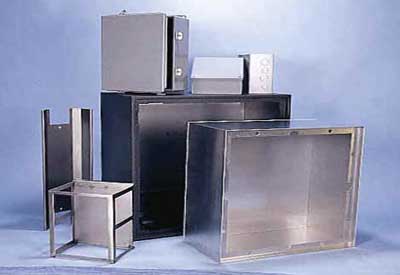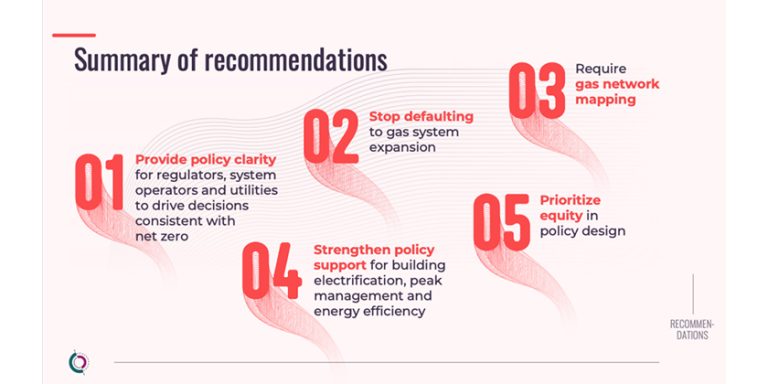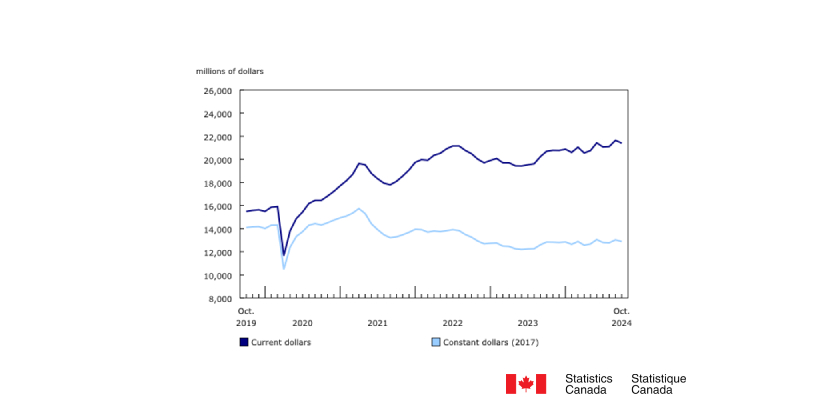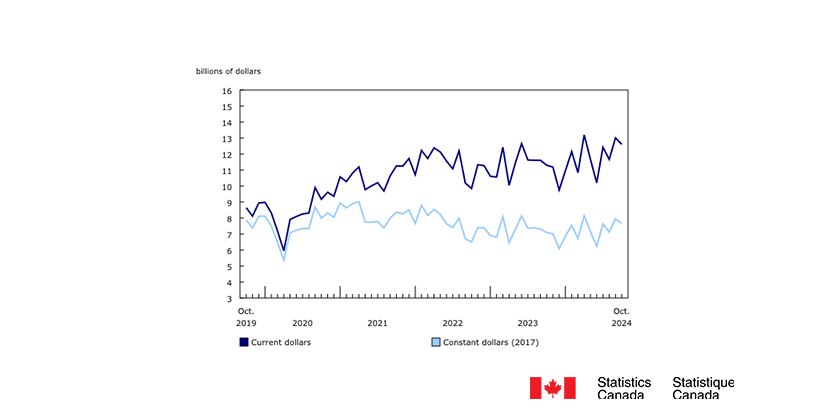I’m Stressed Out!!!!

April 13 2016
Sound familiar?
Stress. We all feel it at some stage in our lives, whether it’s related to work or our personal lives. While a little stress can be good for you – providing an adrenalin rush that can boost performance and make sure you meet that deadline – it’s when it becomes too much, for too long, that the damage can occur. High blood pressure, problems sleeping, headaches, chest pain, depression, anxiety…….these are just some of the symptoms that can be brought on or made worse by chronic stress.
For employers, this can translate into lower productivity and reduced customer service as more and more employees feel stressed or even “burnt out”, and sick leave levels increase. Not only is it bad for the bottom line it’s bad for morale as others then need to pick up the slack, creating a vicious circle.
Practical steps you can take to destress
People are starting to realise that they need to take control of managing their stress levels in order to live longer, healthier and happier.
The recent popularity of adult colouring books is just one such example. Advertised as a soothing activity to relieve stress and anxiety they are flying off the bookshelves. Amazon.com lists over 3,000 adult coloring book titles and some show up on their bestsellers list. Much of this is attributed to the fact that they allow adults time to get off their electronics and just concentrate on the moment.
However everyone responds to stress differently, so there is no ‘one size fits all’ solution to help you manage your stress. Instead experiment with different methods. Meditation not for you? That’s fine. The idea is to focus on what makes you feel calm and in control. Here are a few ideas to get you started.
• Switch off
Electronics pervade our lives. Emails, mobiles, video games, face book, Linked in, twitter feeds, and Instagram ….it goes on and on. Give yourself permission to unplug every now and again. You’ll notice the difference- and the amount of time you get back in your life.
• Move!!
Play baseball. Or soccer. Or golf. Studies have proved that daily physical exercises help protect brain from stress-induced depression. If you can, do an activity that elevates your heart rate and makes you break out into a sweat on most days. Note – walking with your head stuck into your work phone reading emails negates tip number 1 above!
• Say No
Its okay to say no sometimes, be that at work or at home. Avoid over committing yourself and then stressing because you cannot deliver to standard. If you’ve got too much on your plate look to where you can reduce the load, be it by removing yourself from that activity entirely or asking someone to take over for a while.
• Breathe
Sometimes, whether you’re under a tight deadline or just buried under an unending “to do” list, the best thing to do is walk away for a few minutes. Take 15 minutes to walk around the block, or find a quiet space somewhere to just sit quietly and breathe for a few minutes. And at the end of the day concentrate on what you have achieved day – not on the things you didn’t get done. This goes a long way to stopping you feel overwhelmed and stressed out before you even get home.
• Keep a positive attitude
You’ve lost the contract, called your new boss by the wrong name, or broken the office printer. Smile. There are worse things happening around the world and in time these stressful situations will fade in your memory and in importance. This is not to diminish the fact that they are nerve-wracking moments – but reacting in a calm and positive way will help ease your anxiety and possibly those around you, leading to a better outcome.
Next month we’ll look at some of the things employers can do to help reduce stress in the workplace.
Michelle Branigan is CEO, Electricity Human Resources Canada; http://electricityhr.ca.
More from Michelle Branigan:
– Michelle Branigan: Profile
– It’s Not Just the Technical Stuff That’s Important
– Call for Mentors to Support Recruitment and Retention of Women in the Electricity Industry
– Retention: You’ve Hired. Now What Are You Doing to Keep Your Staff?
– What are the Benefits of Effective Coaching?
– Multigenerational Workforces
– Mentoring

















